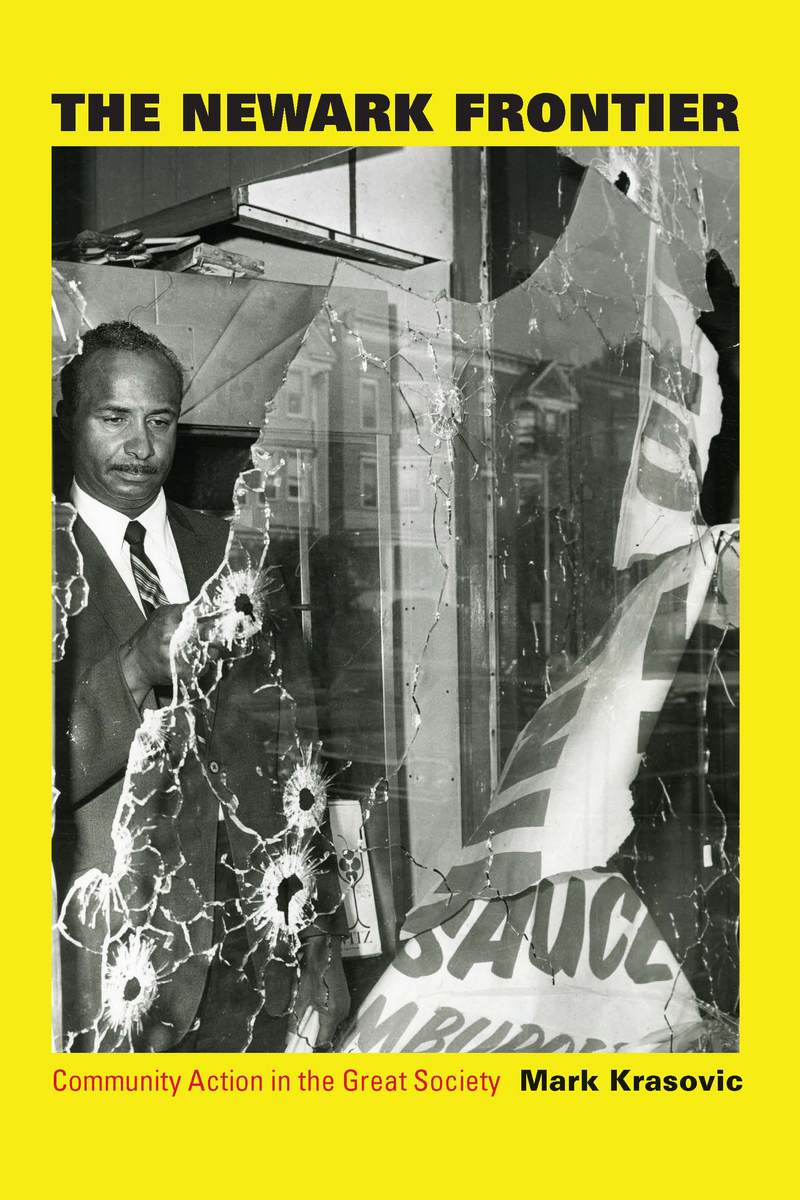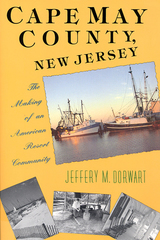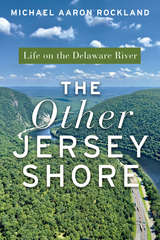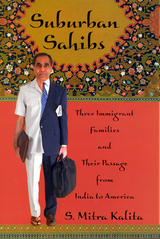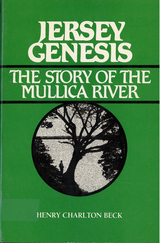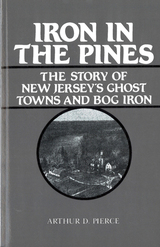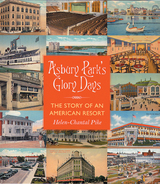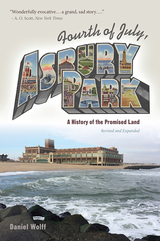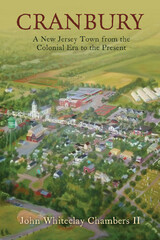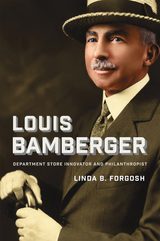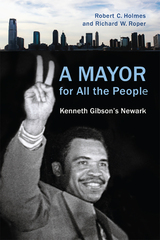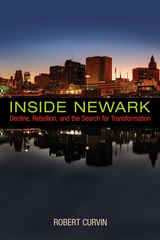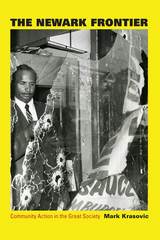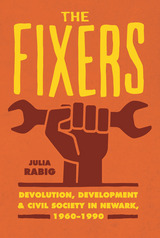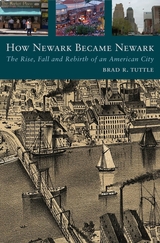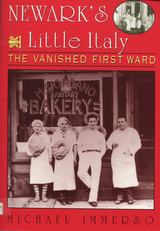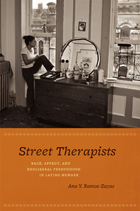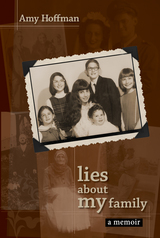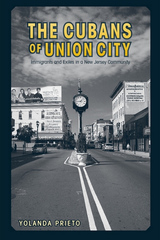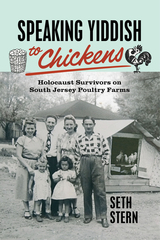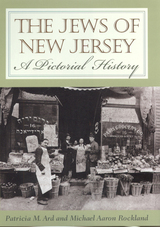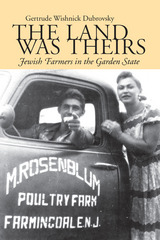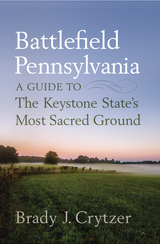The Newark Frontier: Community Action in the Great Society
University of Chicago Press, 2016
eISBN: 978-0-226-35282-4 | Cloth: 978-0-226-35279-4
Library of Congress Classification F144.N657K73 2016
Dewey Decimal Classification 974.932
eISBN: 978-0-226-35282-4 | Cloth: 978-0-226-35279-4
Library of Congress Classification F144.N657K73 2016
Dewey Decimal Classification 974.932
ABOUT THIS BOOK | AUTHOR BIOGRAPHY | REVIEWS | TOC | REQUEST ACCESSIBLE FILE
ABOUT THIS BOOK
To many, Newark seems a profound symbol of postwar liberalism’s failings: an impoverished, deeply divided city where commitments to integration and widespread economic security went up in flames during the 1967 riots. While it’s true that these failings shaped Newark’s postwar landscape and economy, as Mark Krasovic shows, that is far from the whole story.
The Newark Frontier shows how, during the Great Society, urban liberalism adapted and grew, defining itself less by centralized programs and ideals than by administrative innovation and the small-scale, personal interactions generated by community action programs, investigative commissions, and police-community relations projects. Paying particular attention to the fine-grained experiences of Newark residents, Krasovic reveals that this liberalism was rooted in an ethic of experimentation and local knowledge. He illustrates this with stories of innovation within government offices, the dynamic encounters between local activists and state agencies, and the unlikely alliances among nominal enemies. Krasovic makes clear that postwar liberalism’s eventual fate had as much to do with the experiments waged in Newark as it did with the violence that rocked the city in the summer of 1967.
The Newark Frontier shows how, during the Great Society, urban liberalism adapted and grew, defining itself less by centralized programs and ideals than by administrative innovation and the small-scale, personal interactions generated by community action programs, investigative commissions, and police-community relations projects. Paying particular attention to the fine-grained experiences of Newark residents, Krasovic reveals that this liberalism was rooted in an ethic of experimentation and local knowledge. He illustrates this with stories of innovation within government offices, the dynamic encounters between local activists and state agencies, and the unlikely alliances among nominal enemies. Krasovic makes clear that postwar liberalism’s eventual fate had as much to do with the experiments waged in Newark as it did with the violence that rocked the city in the summer of 1967.
See other books on: Liberalism | Local | New Jersey | Social action | Social policy
See other titles from University of Chicago Press
